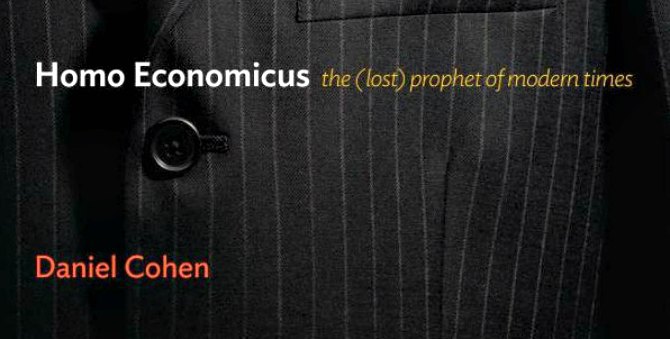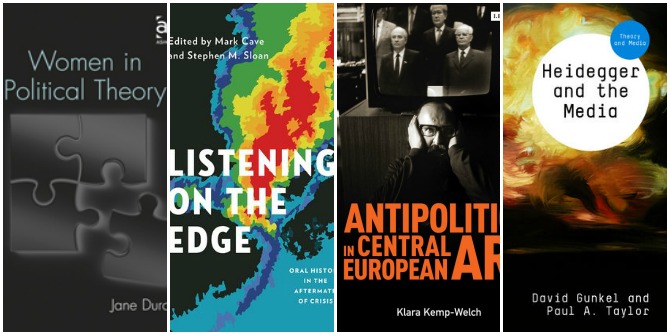
In China Goes Global, David Shambaugh discusses China’s growing prominence on the international stage, charting how the country’s expanding economic power has allowed it to extend its reach virtually everywhere – from mineral mines in Africa, to currency markets in the West, to oilfields in the Middle East, to agribusiness in Latin America, to the factories of East Asia. China Goes Global is a must-read for any serious China scholar, leaving the reader with a deep sense of carefulness when it comes to the temptation to make sweeping judgements about China’s ‘rise’, writes Ross Harvey.
China Goes Global: The Partial Power. David Shambaugh. Oxford University Press. March 2013.
International Relations scholar David Shambaugh has provided a timely, accurate and analytically rigorous rejoinder to the view that China will soon “rule the world”, recently proposed by China scholar Martin Jacques in his book of that description and associated TED talk. Shambaugh finds that ‘this perspective is profoundly overstated and incorrect’ (p. 6).
In China Goes Global, he proposes and defends the hypothesis that China is an increasingly important global player, but is only a partial power. The book provides a thorough overview of China’s dynamic position in the global order and is a welcome perspective-setter for those in the scholarly community who have perhaps ventured too deep into testing social science theories and lost sight of the bigger picture. Shambaugh acknowledges from the outset that the book is birthed out of a frustration with the academic China field; this frustration fuels the primary research questions. If China’s awakening (to use Napoleon’s phrase) is now shaking the world, ‘do we really understand the various dimensions, complexities and implications of China’s “going global”? … Is China really shaking the world? … Or is China’s assumed international influence hollow hype?’ (p. x). Answering these questions, in the wake of his previous book China’s Communist Party: Atrophy and Adaptation, took five years. The result exemplifies how the tools of IR theory can bring sober elucidation to a subject susceptible to sensationalism.
Each chapter is directed at understanding the salient dimensions of China’s global involvement – local Chinese perceptions of their global roles; China’s diplomacy; its role in global governance; global economic presence; cultural impact and global security presence. Security considerations tend to follow economic interests (though China is perhaps hardly anomalous in this respect). It is in this matrix that notions of the ‘China threat’ seem to find substance, hence the focus of this review.
China is evidently a global economic powerhouse. Questionable statistics notwithstanding, China is in all likelihood the world’s second largest economy. Shambaugh begins the chapter on China’s economic presence with an impressive list of China’s economic prowess, including the fact that four of the world’s top ten banks (in terms of capitalisation) are in China. Shambaugh does not reference Walter and Howie’s work on China’s fragile financial foundations, which would have served as a useful complement to his proceeding analysis. He does however demonstrate that impressive statistics pertaining to economic size tell us little about the structural quality of the economy, nor the durability of its impressive growth. In 2009, for instance, the WTO records that fully 93.6% of China’s exports were manufactured goods, dominated by low-end consumer products (p. 157). In its attempts to break into higher-end products, ‘China has fallen short of its decade-long goal to build the world’s leading semi-conductor industry, as it still imports the vast majority of microchips for the products it assembles. Experts estimate that China’s best chip factories remain two to three generations behind world leaders such as Intel’ (p. 161). Shambaugh astutely notes that unless China graduates from its low-end product export-led growth model, the economy is likely in for a hard landing. Stephen Roach of Morgan Stanley has suggested the same over the last few years and the point has not escaped China’s economic planners; their twelfth five-year plan is overtly designed to move China up the value chain. Though Shambaugh gives brief mention to the plan, this chapter would have been more robust with further exposition thereof.
China’s energy needs are startling. It is the world’s single largest energy consumer, ‘accounting for nearly half of the world’s growth in energy consumption over the previous decade’ (p. 162). Shambaugh’s analysis of how Chinese companies operate to open up new markets is better than reading a John Le Carre novel. The three biggest oil companies are characterised by extensive Chinese Communist Party (CCP) control and have their institutional origins in Soviet-style state ministry monopolies of the 1950s. By 2001, they all had initial public offerings to ‘raise capital and establish front companies that could operate abroad’ (p. 165).
It is these energy needs that are redefining the nation’s security interests. Essentially, Shambaugh makes the case that economic imperatives are a strong (if partial) driver of China’s foreign security strategy. For instance, ‘more than 90% of China’s merchandise trade and 95% of its oil and gas imports travel by sea… As such, it will increasingly need to develop a naval doctrine focused on patrolling sea-lanes-of-communication and the transit waterways…’ If there is an element of China’s security apparatus that truly does ‘go global’, Shambaugh argues that it will be the navy that does so.
The most concerning aspect of China’s security presence is the sale of arms to countries of dubious international standing. United Nations investigators have uncovered Chinese light arms in conflict zones in the Democratic Republic of Congo, Ivory Coast, Somalia and Sudan. ‘Worse still, a review of Chinese compliance… uncovered evidence that Chinese diplomats have repeatedly sought to intimidate investigating UN arms experts and attempted to block required annual reports to the Security Council’ (p. 305). China is, ironically, a permanent member of that council, but its inclination to play by the global rules of the game is schizophrenic at best.
In the final analysis, economic and security dynamics are only part of the picture when it comes to understanding China’s role in the world, no matter their gravitas. China’s attempts to develop soft power are also critical, and Shambaugh provides a thorough analysis of China’s efforts here too. However, these efforts at building soft power and real global influence are heavily undermined by an archaic domestic political system (that imprisons dissidents like Ai Weiwei at will) and an unwillingness to contribute coherently to global governance (the very concept raises deep suspicion amongst Chinese).
China Goes Global is a must-read for any serious China scholar. It leaves this reader with a deep sense of carefulness when it comes to the temptation to make sweeping judgments about China’s ‘rise’. It is difficult not to agree with the author’s assessment that China is at best a ‘middle power’ (p. 315), and is a long way yet from becoming the kind of power that the United States remains.
————————————————-
Ross Harvey is a Ph.D student at the University of Cape Town’s School of Economics. His research focuses on the impact of Chinese economic involvement on economic wellbeing in selected African countries. He is particularly interested in whether natural resource wealth extraction in these investment deals will turn out to be positive for these countries’ economic performance in the long run, or whether it will simply entrench rent-seeking political elites at the expense of local economic wellbeing. He works as a freelance researcher and was previously a research and communications staffer for the official opposition party in South Africa. He tweets @harvross and can be found on Academia.edu. Read more reviews by Ross.







